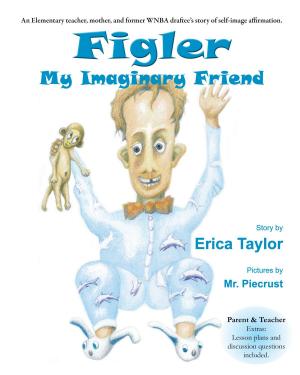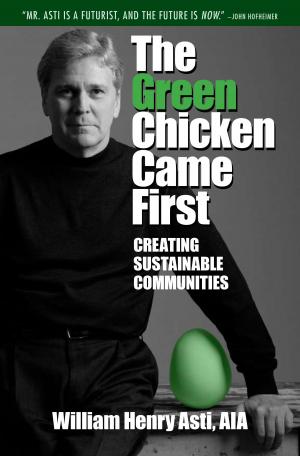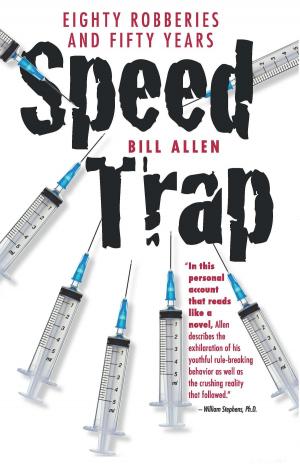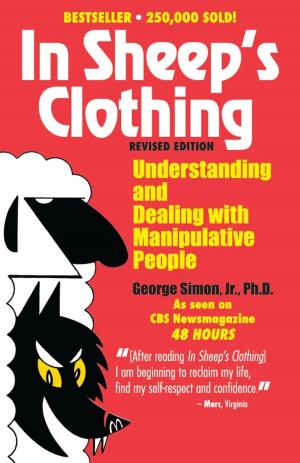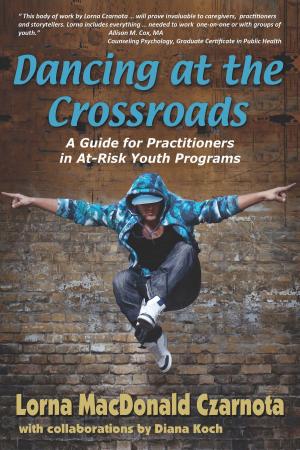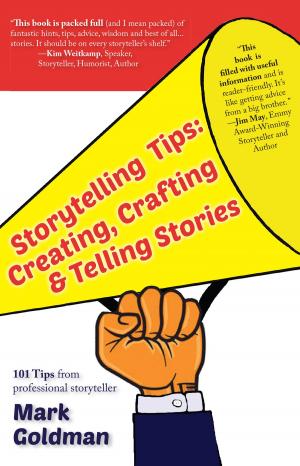Educating Angels
Teaching for the Pursuit of Happiness
Nonfiction, Reference & Language, Education & Teaching, Educational Theory, Aims & Objectives, Philosophy & Social Aspects| Author: | Tony Armstrong | ISBN: | 9781624910142 |
| Publisher: | Parkhurst Brothers, Inc. | Publication: | November 1, 2013 |
| Imprint: | Parkhurst Brothers Publishers Inc | Language: | English |
| Author: | Tony Armstrong |
| ISBN: | 9781624910142 |
| Publisher: | Parkhurst Brothers, Inc. |
| Publication: | November 1, 2013 |
| Imprint: | Parkhurst Brothers Publishers Inc |
| Language: | English |
School reform and accountability tests have been hotly debated for decades, but the goal of reform and accountability has not. Most agree that the main problem with contemporary education is that it fails to adequately prepare students with the “21st century skills” needed to find jobs and promote national competitiveness in the global economy. Tony Armstrong challenges both the morality and the consequences of pushing this purpose of education. He says it is immoral because it neglects our children’s deepest aspiration—happiness—and treats them as mere cogs in the economic machine. Dr. Armstrong shows how methods of well-being based on happiness research—mindfulness, gratitude, perspective—can greatly improve kids’ chances to feel better in the present and to live happier lives in the future. And the kindergarten-through-college “happiness pedagogy” he presents would also be a superior way to teach those “21st century skills.”
School reform and accountability tests have been hotly debated for decades, but the goal of reform and accountability has not. Most agree that the main problem with contemporary education is that it fails to adequately prepare students with the “21st century skills” needed to find jobs and promote national competitiveness in the global economy. Tony Armstrong challenges both the morality and the consequences of pushing this purpose of education. He says it is immoral because it neglects our children’s deepest aspiration—happiness—and treats them as mere cogs in the economic machine. Dr. Armstrong shows how methods of well-being based on happiness research—mindfulness, gratitude, perspective—can greatly improve kids’ chances to feel better in the present and to live happier lives in the future. And the kindergarten-through-college “happiness pedagogy” he presents would also be a superior way to teach those “21st century skills.”


